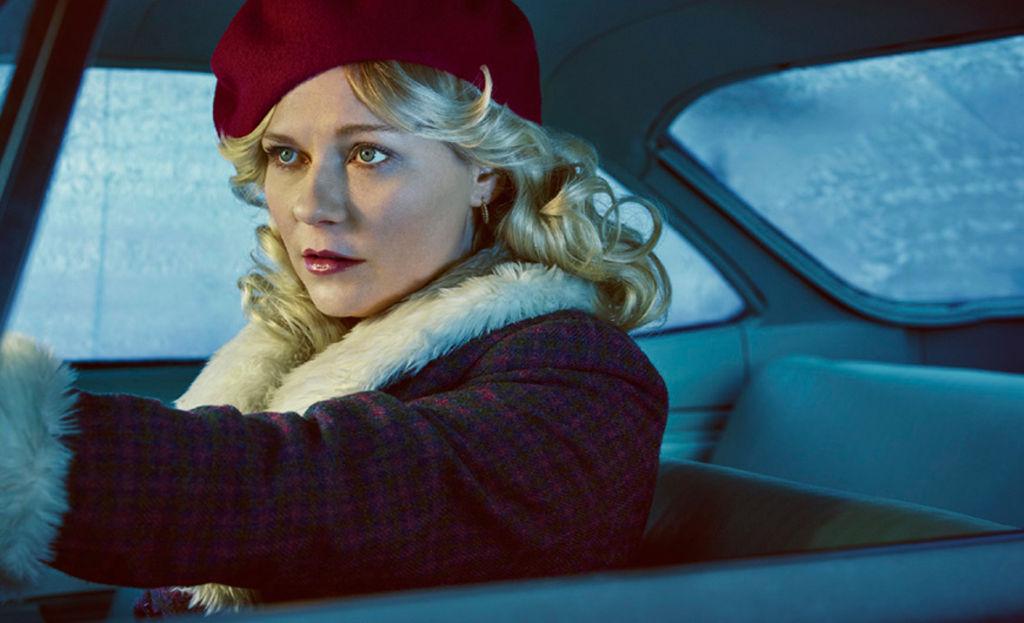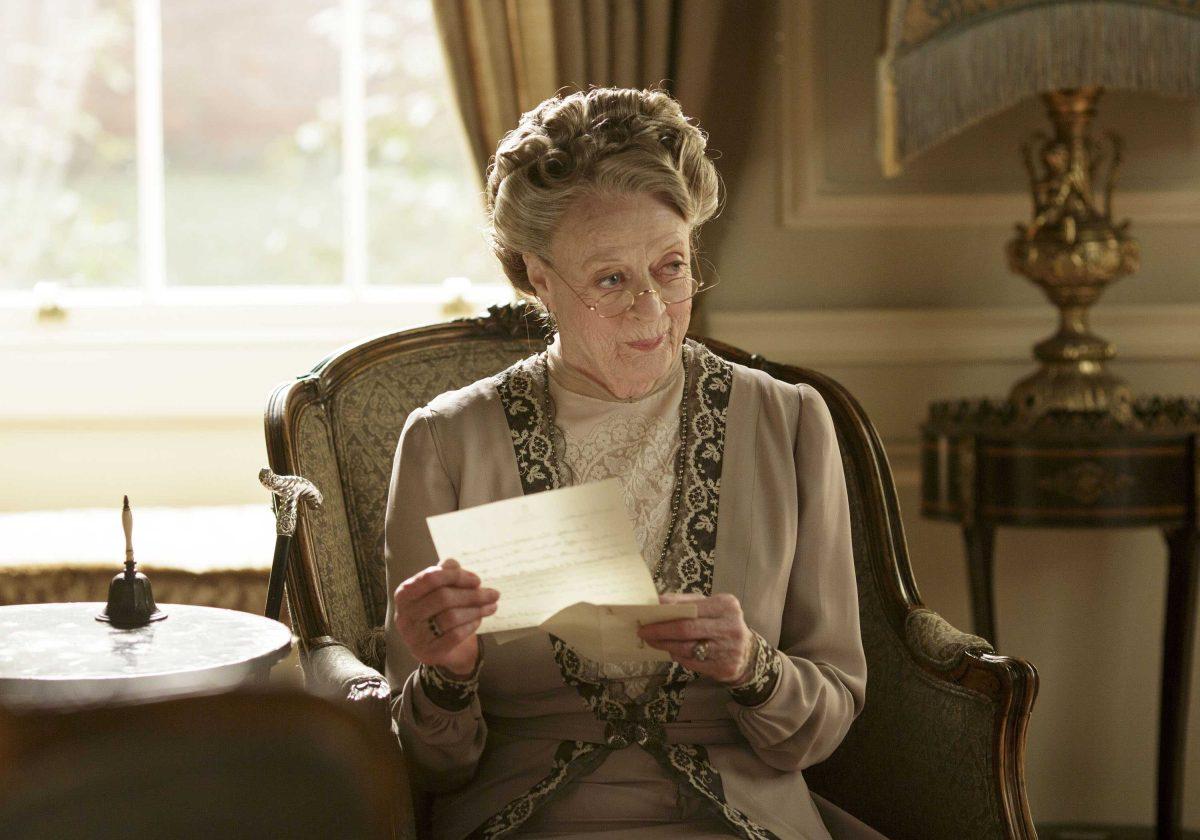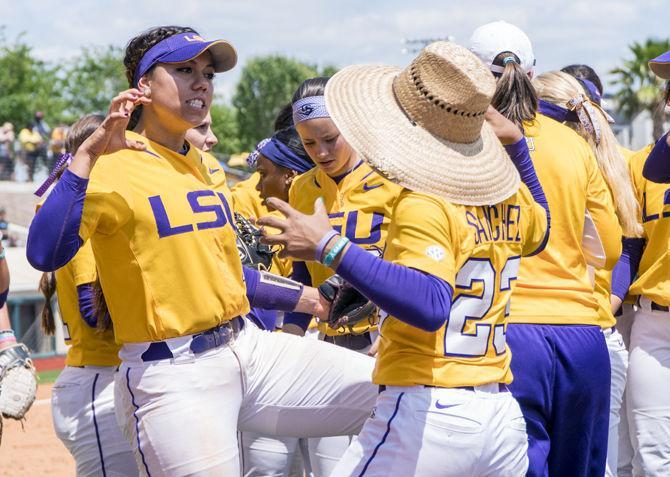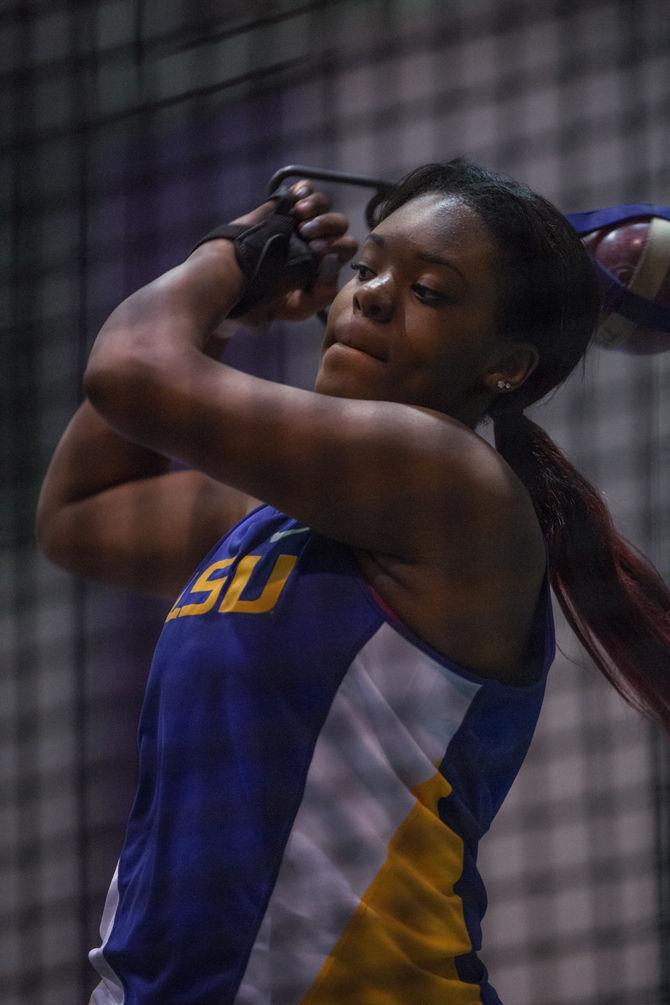In 2016, a woman with character flaws is finally acceptable — well, at least on screen.
After decades of female characters conforming to a short list of stereotypes, Hollywood finally embraced women with dynamic character arcs, questionable morals and ridiculously fabulous style.
It’s as if, after the film “Gone Girl” in 2014, the world finally welcomed the idea of a woman being the anchor of a story, while also being absolutely awful.
Before now, women protagonists have mostly been likable. They were characters you rooted for. The idea of a woman being an anti-hero and also the main character is a relatively new one.
In “Gone Girl,” Rosamund Pike’s portrayal of Amy Dunne is riveting. She’s a character you hate but love at the same time.
Traditionally, women haven’t had the opportunity to have juicy stories. Writers usually favor a flawed male protagonist.
Seriously, look at the praise Jon Hamm received for portraying Don Draper on “Mad Men.” Draper was nothing more than a womanizing alcoholic, yet he and his flaws were the cornerstone on the show.
Being a white male has always meant having flaws, and screwing up is acceptable and expected. People find his flaws acceptable and enjoy sympathizing with a struggling male character.
If Draper was a woman, the show likely would not have received so much acclaim when it debuted in 2007.
But in 2016, audiences are flocking to characters like Claire Underwood on “House of Cards.” While the show initially kept her on the sidelines in favor of her husband, Francis, it finally gave her much-needed development in its fourth season.
I’m not delving too far into specifics to avoid spoilers, but the show no longer ignores Claire to focus on Francis’ story. She’s ruthless and messes up, yet she does so without leaning on Francis or another male character. It’s refreshing.
“House of Cards” isn’t the only show to feature a lead female character who’s an anti-hero. “Orange is the New Black” and “Girls” both feature lead women characters who defy archetypes in comedic settings.
Creator, writer and star of “Girls,” Lena Dunham, plays the most narcissistic character I’ve ever seen on TV.
Seriously, Dunham’s character, Hannah, somehow manages to make everything about herself. Yet, her narcissism is done in a way that’s relatable, even to a male who’s watching a show about 20-year-old females struggling through life.
Thus far, the pinnacle of these female Walter Whites is Kirsten Dunst’s Peggy Blomquist on FX’s “Fargo.” She’s cold-blooded, ruthless, and her story is not tied to a male character’s desires.
After running over a man, she nonchalantly drives home and makes her husband Hamburger Helper. The situation is dark, but it’s absolutely entertaining.
Sexism and inequality still exist in various aspects of society, but I’m amazed to say we live in a world where flawed female characters are able to thrive.
Now, if only we could do something about that pay-gap.
John Gavin Harp is a 20-year-old mass communication junior from St. Francisville, Louisiana.
This image released by PBS shows Maggie Smith as Violet, Dowager Countess of Grantham in a scene from the final season of "Downton Abbey." The series finale airs in the U.S. on Sunday. (Nick Briggs/Carnival Film & Television Limited 2015 for MASTERPIECE via AP)















